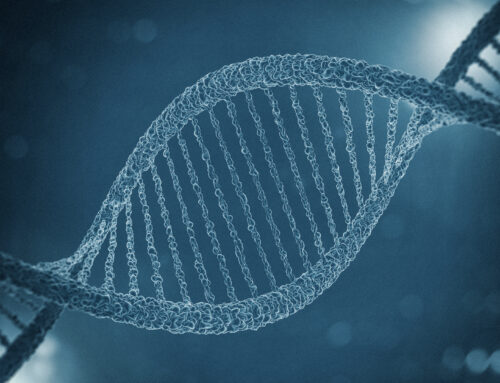Today, more people than ever use ancestry testing to learn about their family’s past and to connect with far– flung relatives. But while some ancestry tests provide limited health-related information, these tests are no substitute for genetic screening tests and the clinical support that comes with them. Questions of genetic health loom large for Jewish and interfaith families because of higher risks for some genetic disorders and hereditary cancers. When couples plan to have children, carrier screening provides an assessment of their risk of conceiving a child with a genetic disorder. With this knowledge, couples have the information they need to address the needs of a child who has a disorder, or to avoid the possibility of passing on the disorder in the first place.
For individuals of Jewish descent who may carry a mutation for one or more hereditary cancers, screening offers a way to understand and possibly reduce risk.
Because results have the potential to shape future medical and reproductive decisions, genetic counseling is an essential part of screening. Genetic counselors provide personalized risk assessment and education, and help individuals and couples think through what they will do with the results of a test prior to receiving them. Genetic counselors can also help you understand what results mean for other members of your family.
Some companies now offer limited carrier screening panels and health risks tests through direct-to-consumer (DTC) testing. While genetic counseling (via phone) is sometimes offered, it is not required as part of DTC testing. Because DTC tests often do not include counseling, the American College of Medical Genetics and the National Society of Genetic Counselors caution consumers to consider a number of issues before pursuing direct-to-consumer testing. It is important for consumers to know exactly what a test may or may not tell them, how reliable the testing is, if they are appropriate tests based on ethnicity and personal and family history, and whether professional guidance will be included.
The carrier screening program offered by the Norton & Elaine Sarnoff Center for Jewish Genetics is not direct-to-consumer testing even though it is an online process. The Center’s program differs through its educational component and access to expertise. A genetic counselor is available to answer questions before the test and explains the results after the test.
For more information about differences in genetic testing, including DTC and at-home testing, please refer to the National Society of Genetic Counselors.


